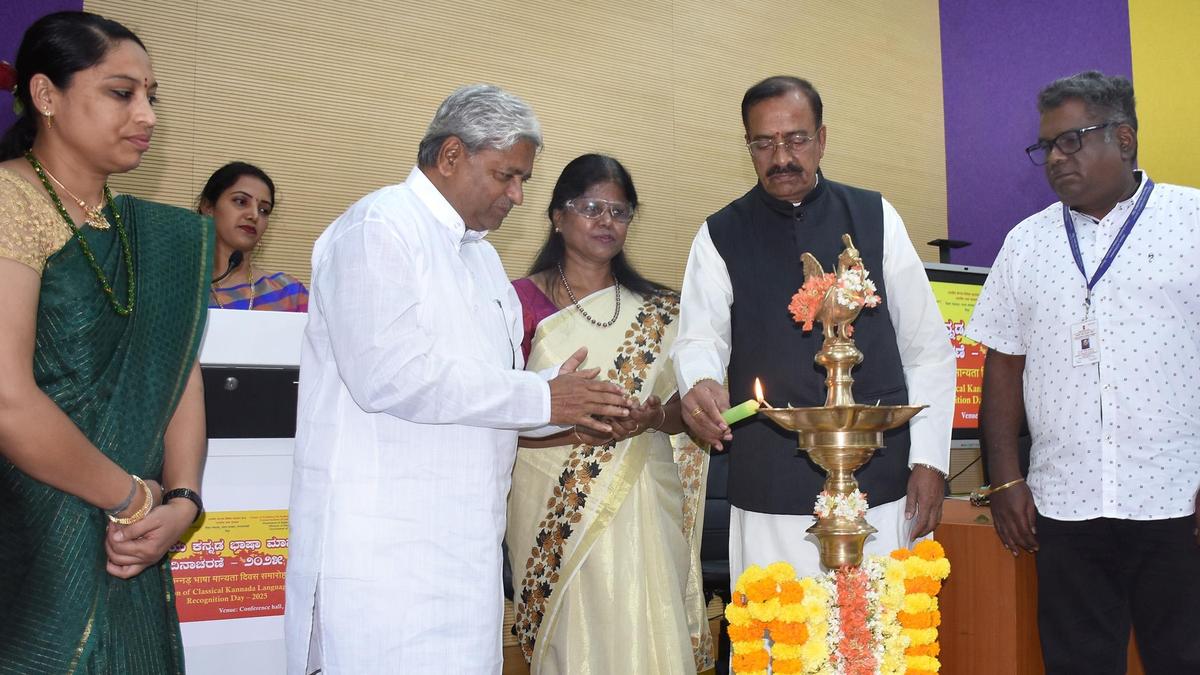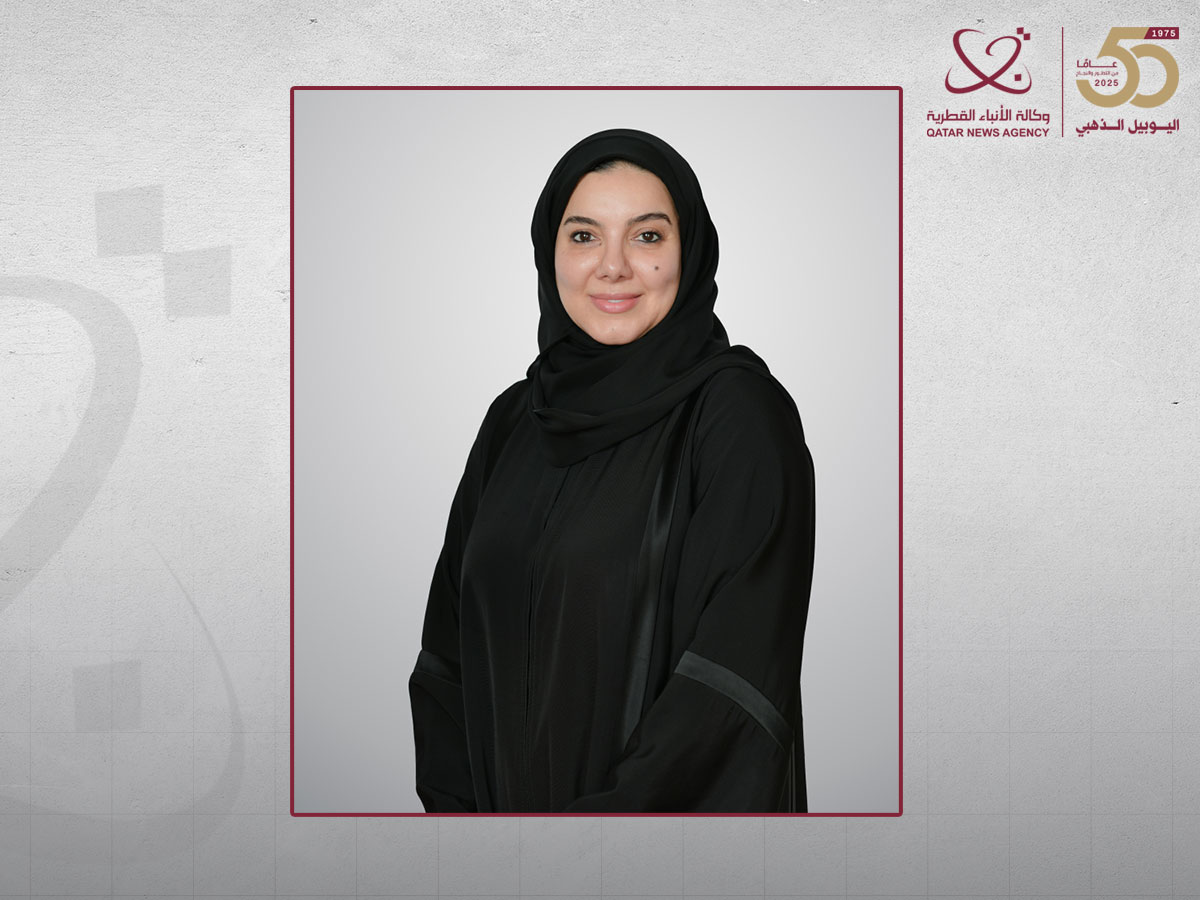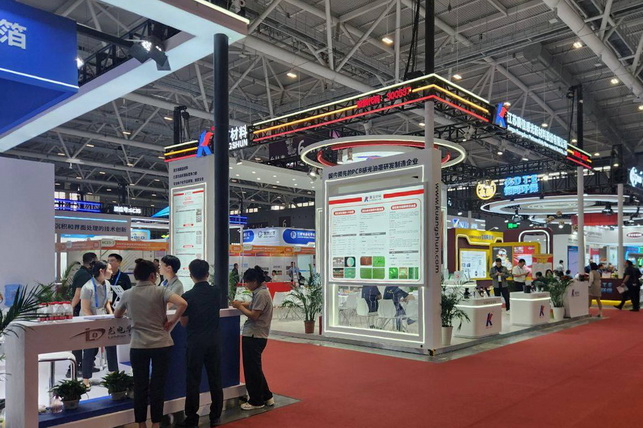Copyright thehindu

The Centre of Excellence for Studies in Classical Kannada (CESCK) on Friday celebrated the anniversary of Kannada being accorded the classical language status at the Central Institute of Indian Languages (CIIL) in Mysuru. Kannada was declared a classical language by the Central government 17 years ago, and CESCK has since been functioning under the CIIL. On the occasion, books were donated to the CESCK. Professors Taranath and Shankar Devanoor, who have contributed several Kannada publications from their personal collections, were felicitated for their continued support. The event also recalled the contributions and tireless efforts of literary personalities and scholars who played a key role in securing the recognition of Kannada as a classical language. Over the past 17 years, CESCK has undertaken many research and academic initiatives, publishing over eight works and are preparing 22 more for release. It has organised workshops, seminars, and interactive sessions with literary figures to promote classical Kannada studies. In his welcome address, N.M. Talawar, Project Director of CESCK, highlighted the Centre’s achievements and reiterated the demand for autonomy. “Autonomy will help CESCK secure more funding and carry out advanced research activities. On behalf of Kannadigas across the world, I appeal to the Centre to grant autonomy to CESCK,” he said. Mr. Talawar also outlined future plans, including the establishment of a museum, strengthening translation initiatives, and the use of technology to aid linguistic research. Mallepuram G. Venkatesh, former Vice-Chancellor of the Karnataka Sanskrit University, delivered the inaugural address and spoke on ‘A Multifaceted Foreword on Classical Kannada’. CIIL Deputy Director P.R. Dharmesh Fernandez also gave a speech, while Umarani Pappuswamy, CIIL Director (in-charge), presided over the event. Public representatives and literary personalities have repeatedly urged the Centre to grant CESCK autonomous status to enable it to function more independently and effectively. CESCK currently operates under CIIL with a team comprising a project director, 11 academic staff, and 8 administrative personnel. Recently, MP for Mysuru Yaduveer Krishnadatta Chamaraja Wadiyar urged the Ministry of Education to grant autonomy to CESCK. He observed that despite Kannada’s classical status for nearly two decades, the study centre continues without autonomy, which, he felt, was affecting its growth and research potential. Mr. Yaduveer stressed the importance of autonomy to expand the Centre’s academic and research activities. A key requirement for the autonomy of CESCK is the establishment of a dedicated building. The University of Mysore Syndicate has identified 4 acres and 2 guntas of land near the Pump House opposite Basavapeetha for a permanent campus.



